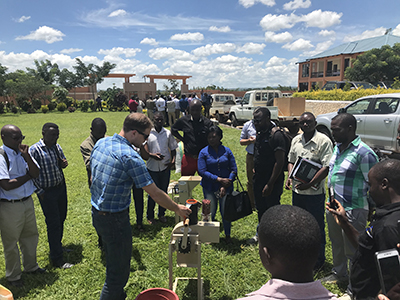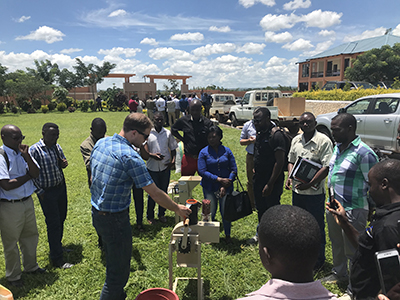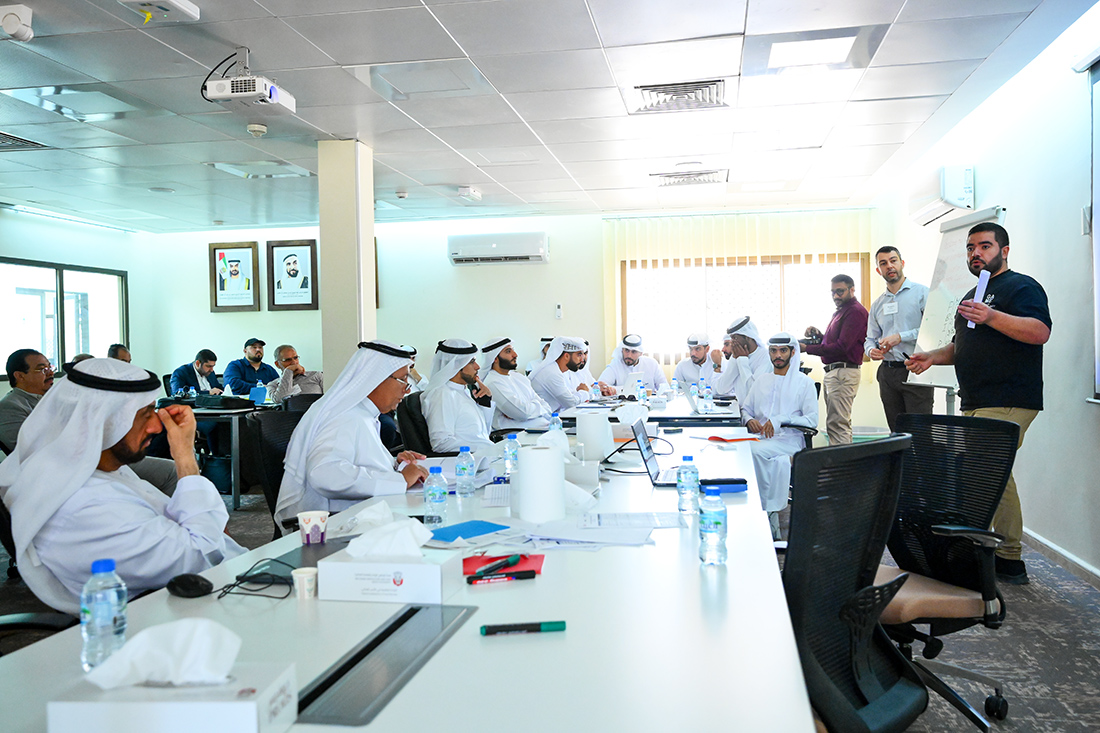The Feed the Future Innovation Lab for Peanut at the University of Georgia partners with the U.S. Agency for International Development in Malawi to help farmers diversify their crops.
The Malawi Ag Diversification Activity (called AgDiv for short) is a USAID initiative to empower farmers to grow more peanut, soy and orange-fleshed sweet potato, three nutritious foods that promise to improve the diets of Malawians while giving farmers more options.
Malawi – a landlocked country of 18 million people in southern Africa – depends on agriculture as its main industry. Most people grow at least some of their own food, and peanuts – or groundnuts as they are called in Africa – already are part of the traditional diet.
Making peanut production more efficient and improving the quality of the crop benefits both the consumer and the farmer.
“Peanuts work well in a diverse cropping system,” said innovation lab Director Dave Hoisington. “Because they fix atmospheric nitrogen, peanuts can benefit other crops grown on the farm, while providing healthy food and a cash crop for the farmer.”
The innovation lab, which USAID awarded to UGA’s College of Agricultural and Environmental Sciences in early 2018, works in focus countries throughout Africa to foster research by U.S. and overseas scientists. Over five years, the lab will research questions that could improve peanut yields and safety, explore and promote nutrition, advance understanding of gender and age issues in peanut production and hone the process that takes peanuts from the field to storage to a factory to consumers’ tables.
The Peanut Innovation Lab received a sub-contract from Palladium, the implementing partner for AgDiv, to deploy past research findings, getting the technology into the hands of producers.
Working together with experts at the University of Connecticut and North Carolina State University, UGA will create a production package for Malawian farmers – basically, improved seed varieties, inoculants, training about disease management, introduction to harvest technology and advice about how to use the packages. Private and public seed producers already are evaluating drip irrigation to gauge the value to peanuts.
Finding the right formula for growing any crop can be complicated. Before the seeds even go in the ground, breeders work to create varieties best adapted to the needs and challenges of the area. Researchers do cost-benefit analyses to see if different expenses – such as buying inoculant or herbicide, paying for hand-weeding or mechanizing the harvest – pays off in increased yield.
As the innovation lab brings together all that information into a practical plan for farmers, the staff also will bring together different stakeholders in the U.S. and Africa to work together, including Malawi’s national agriculture program and extension system, along with private seed sellers and others.




